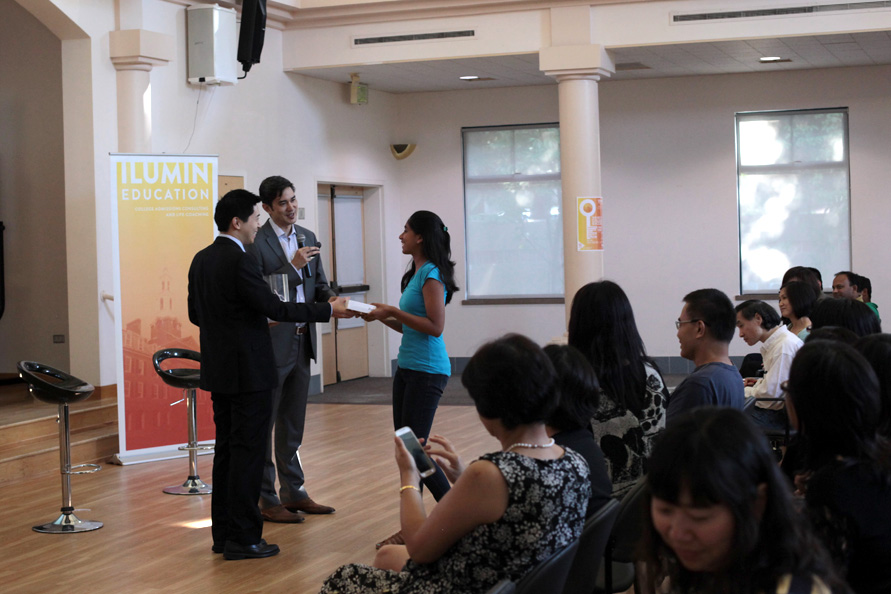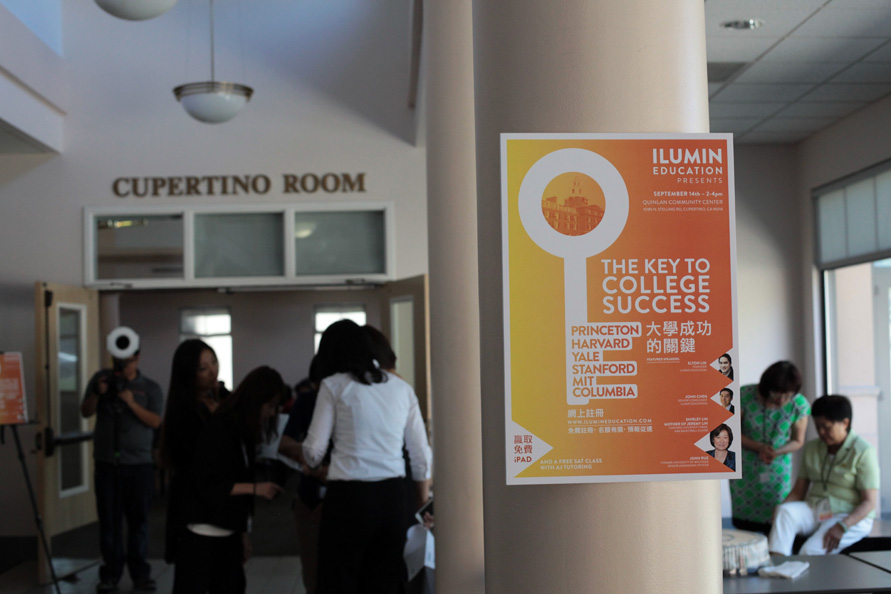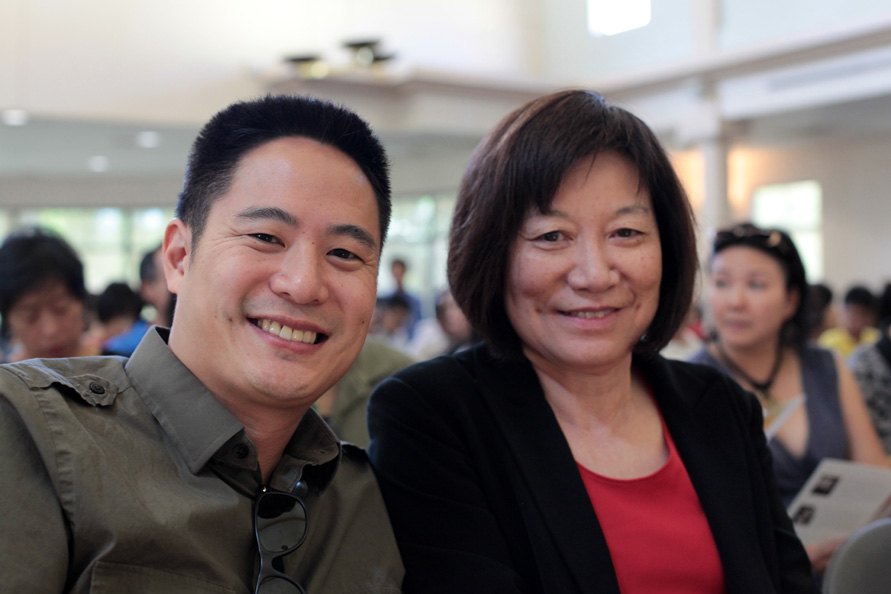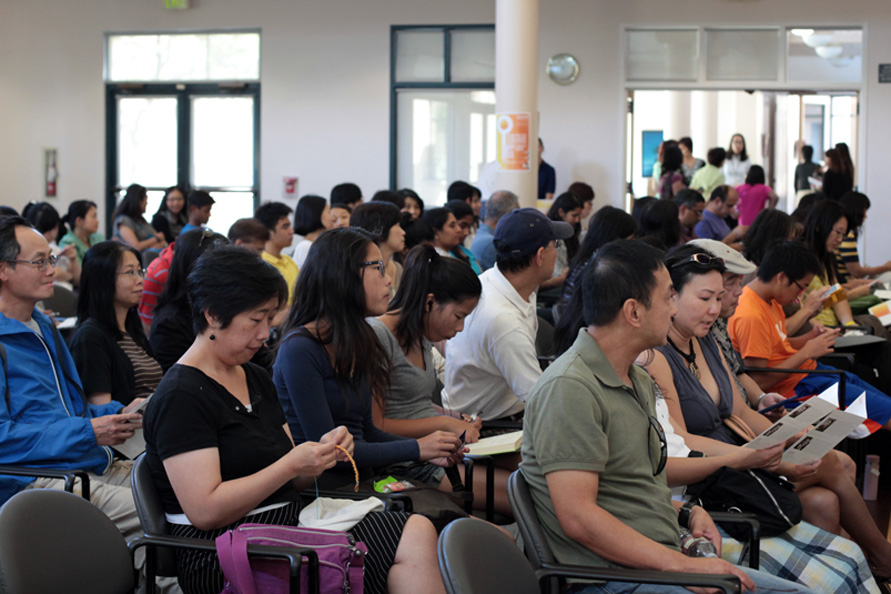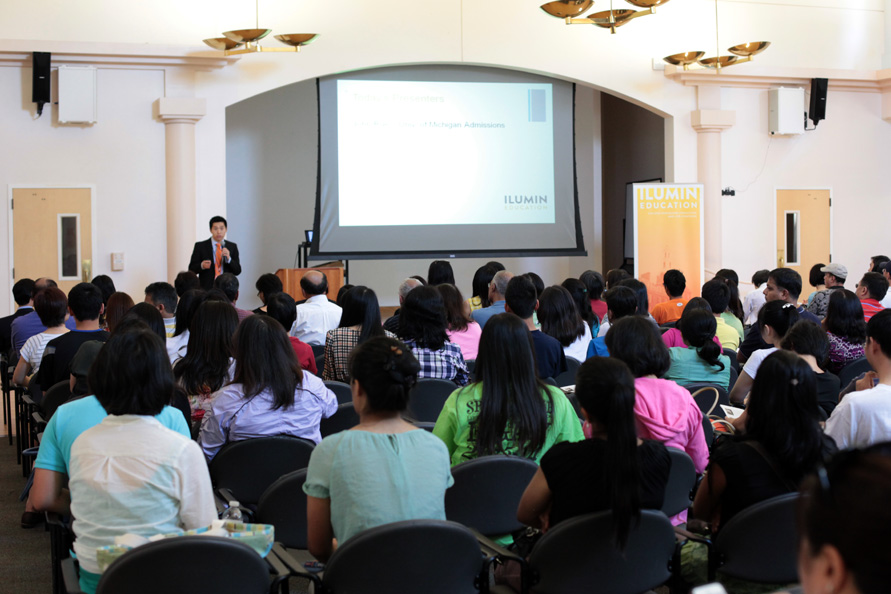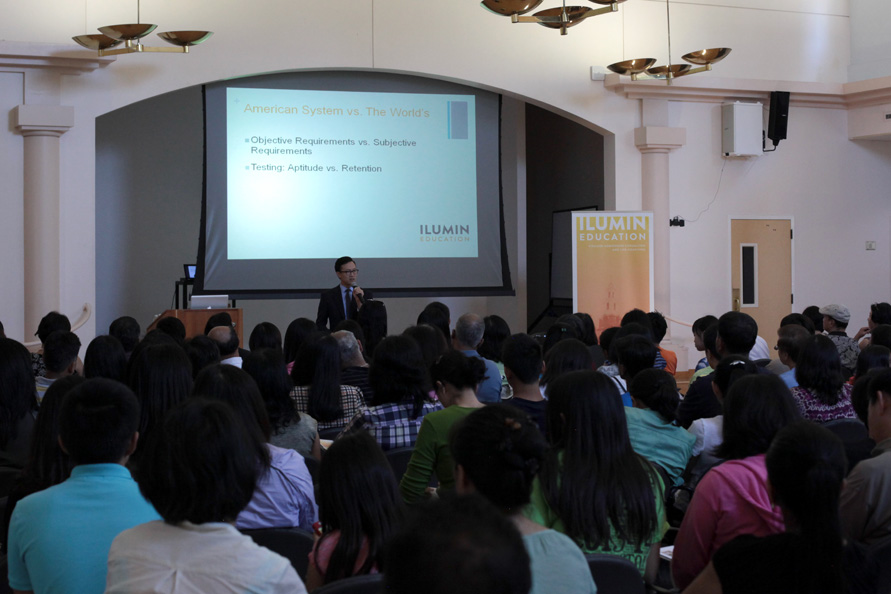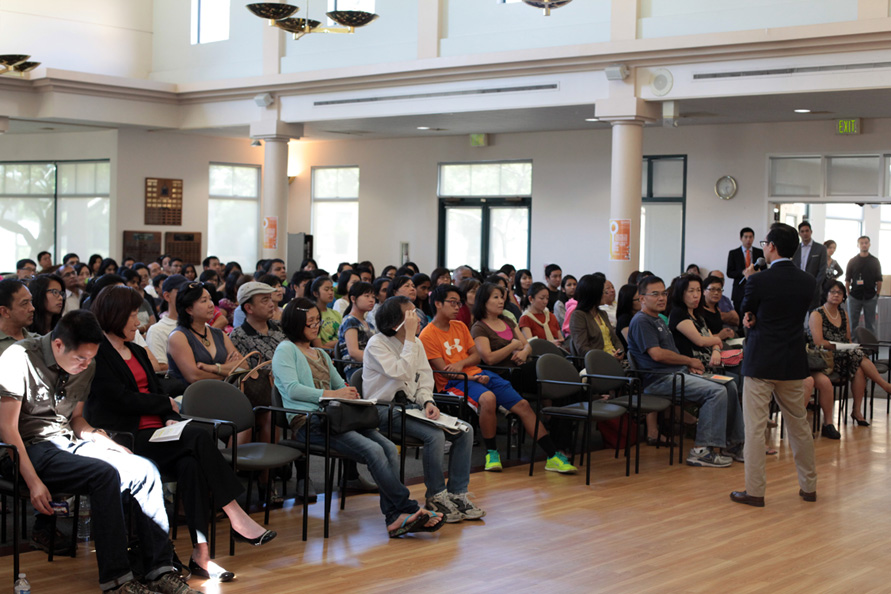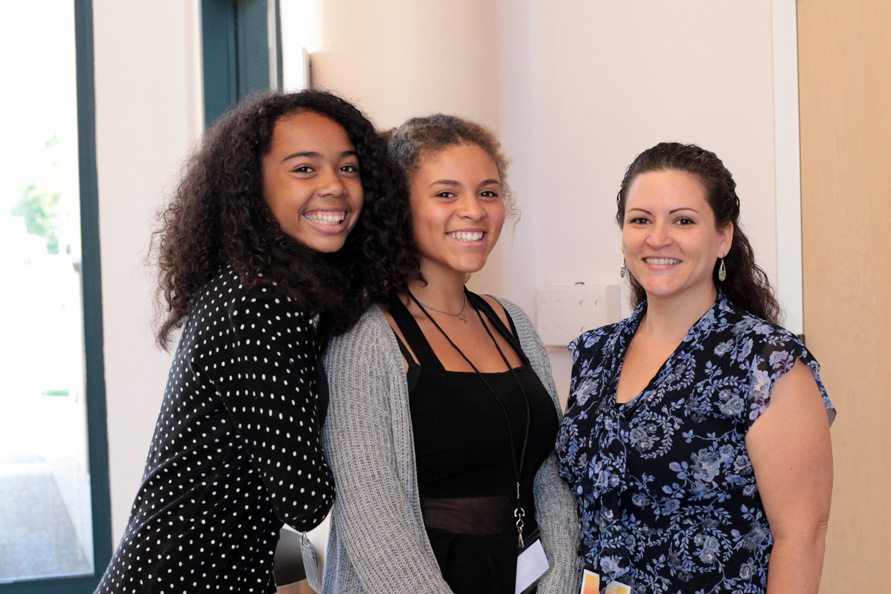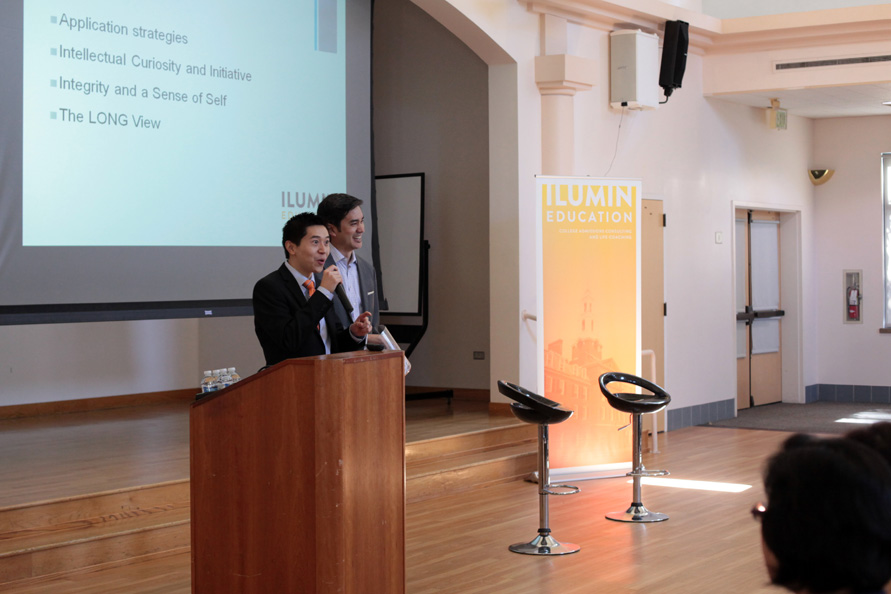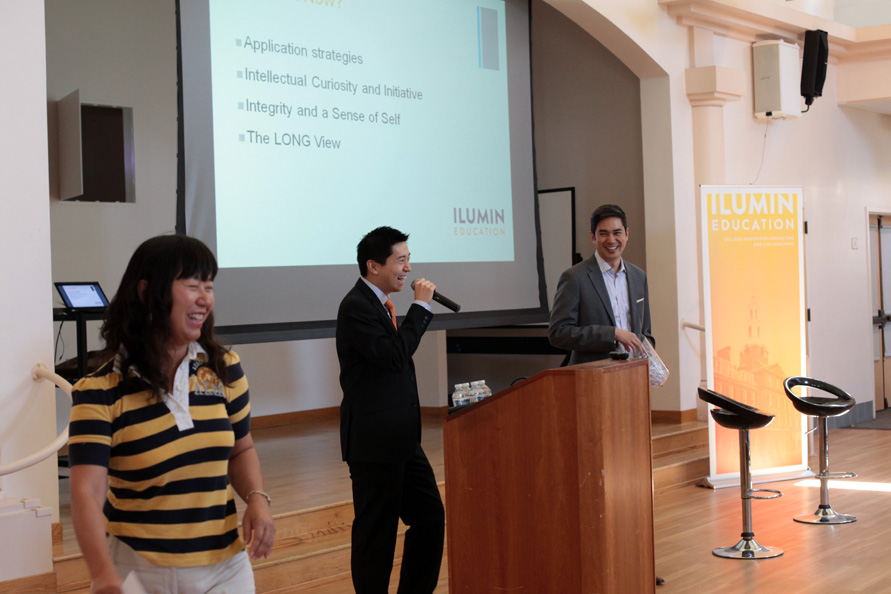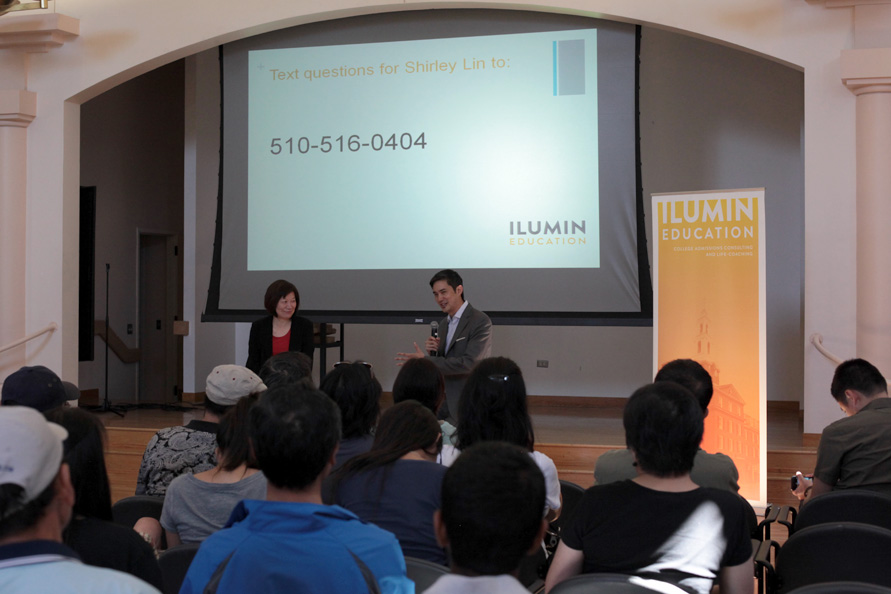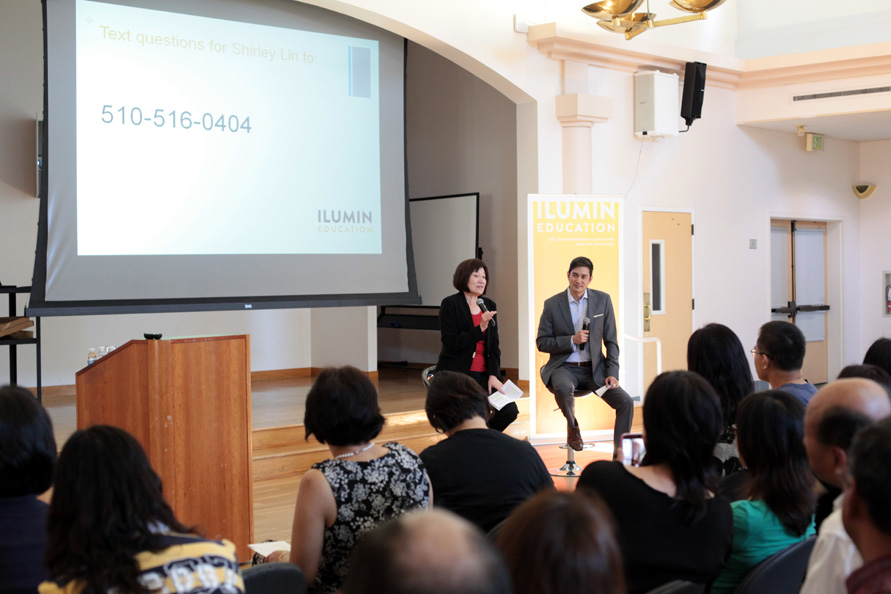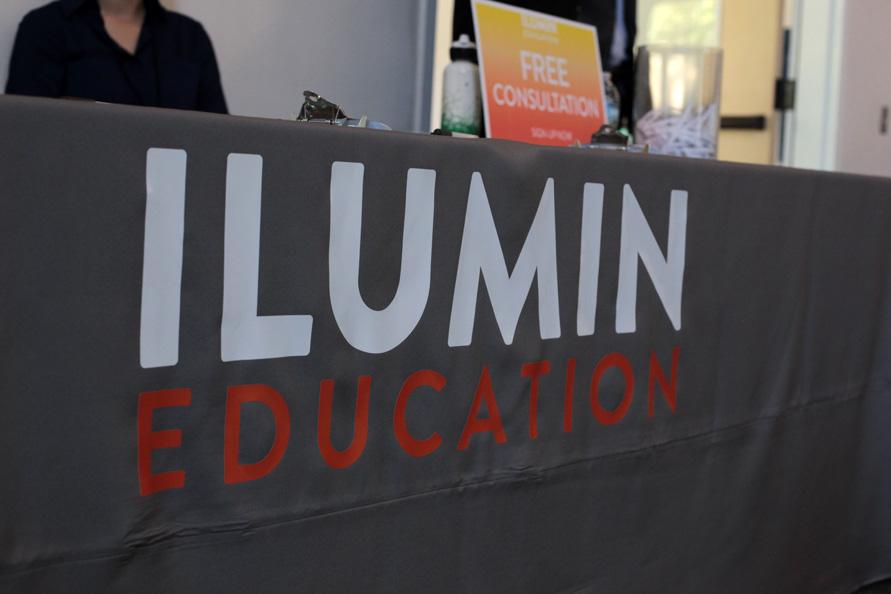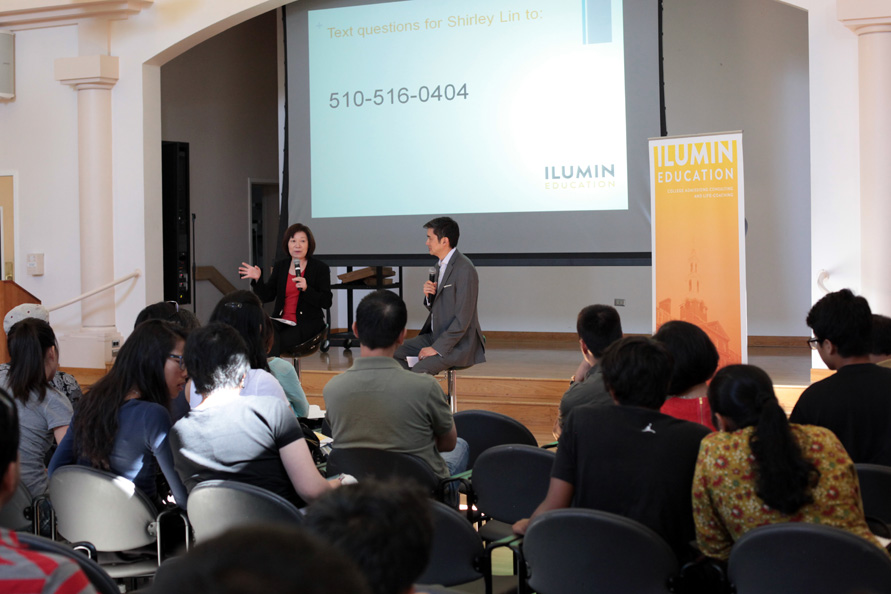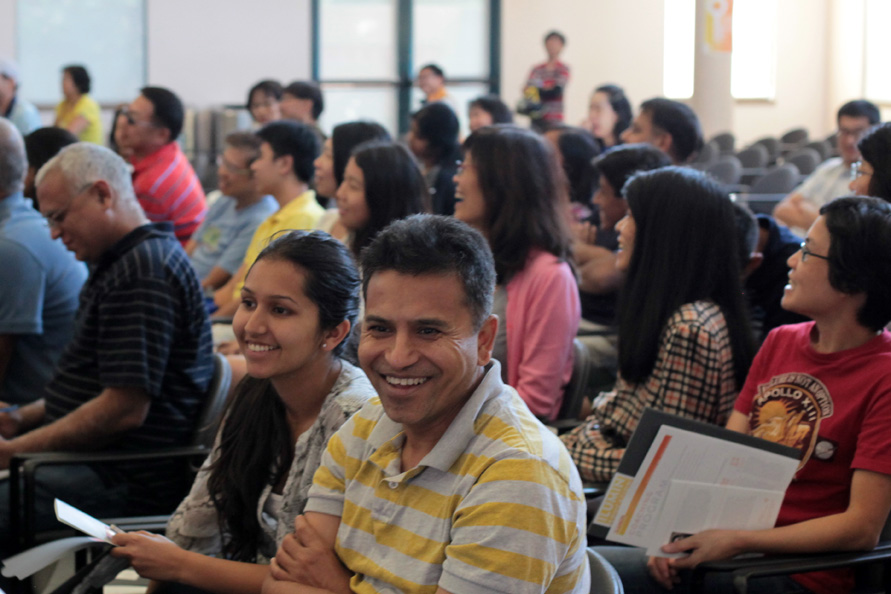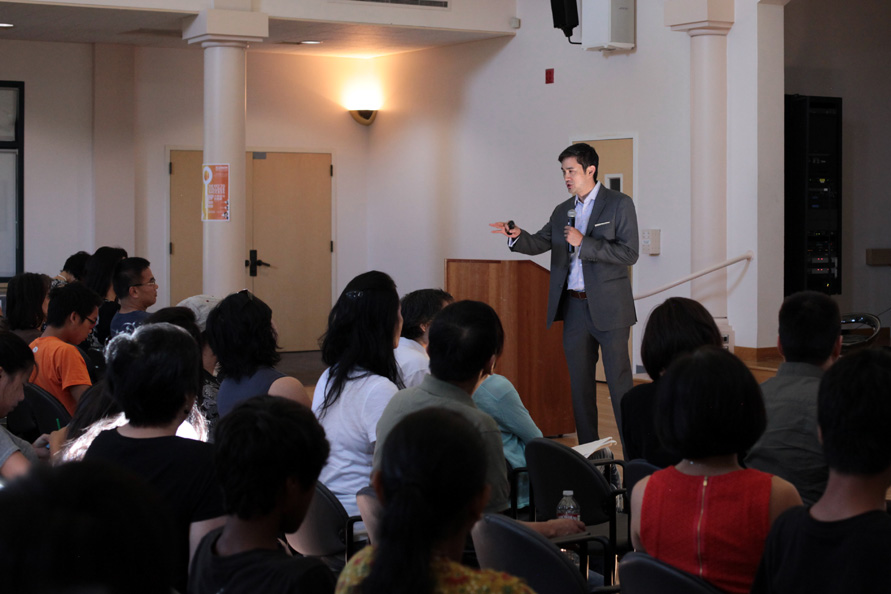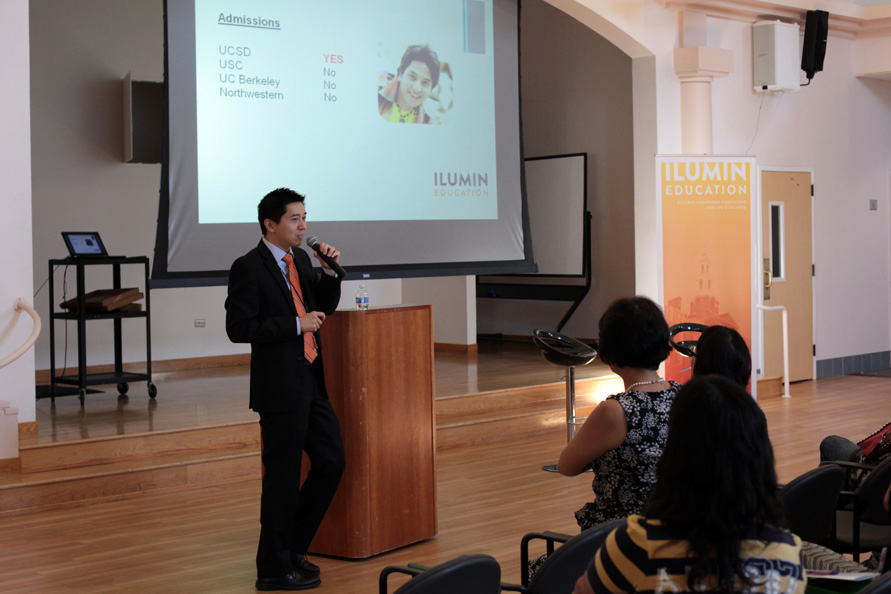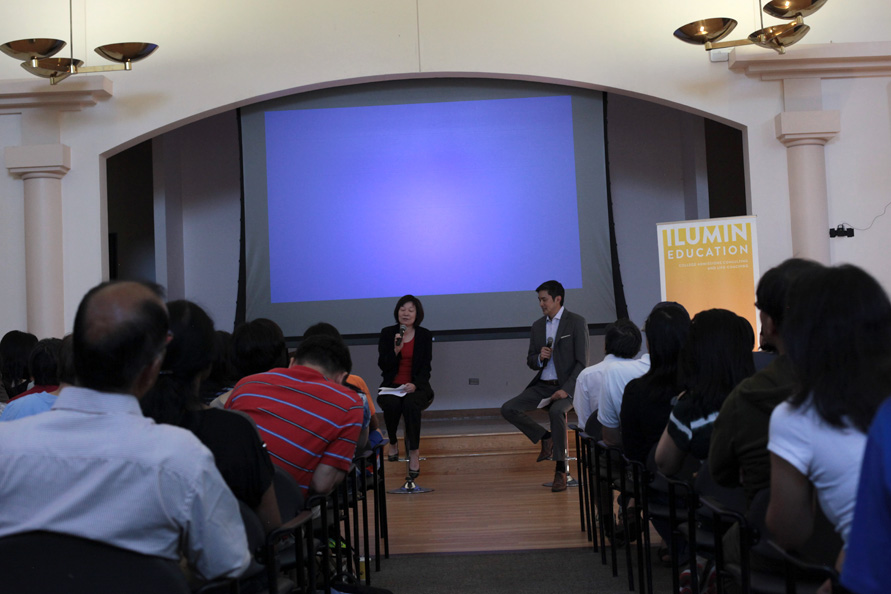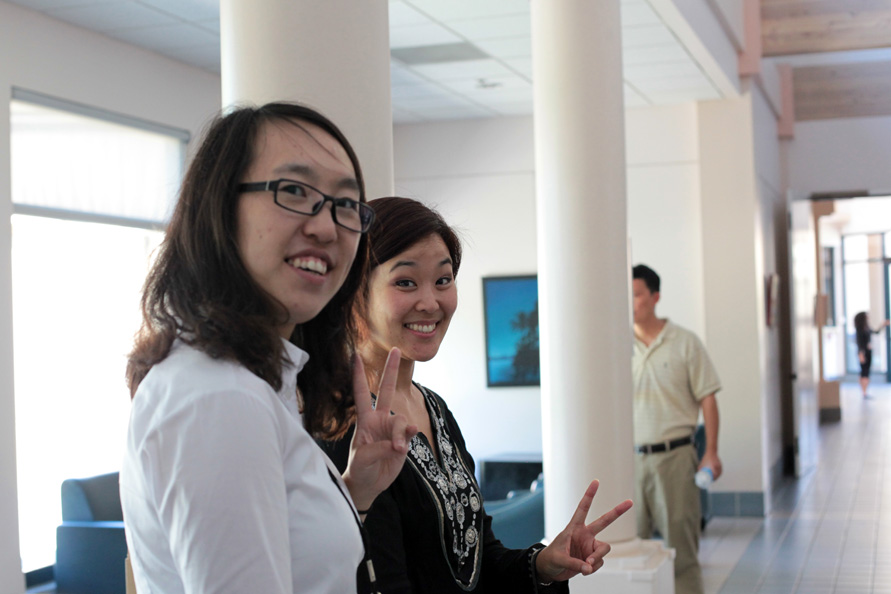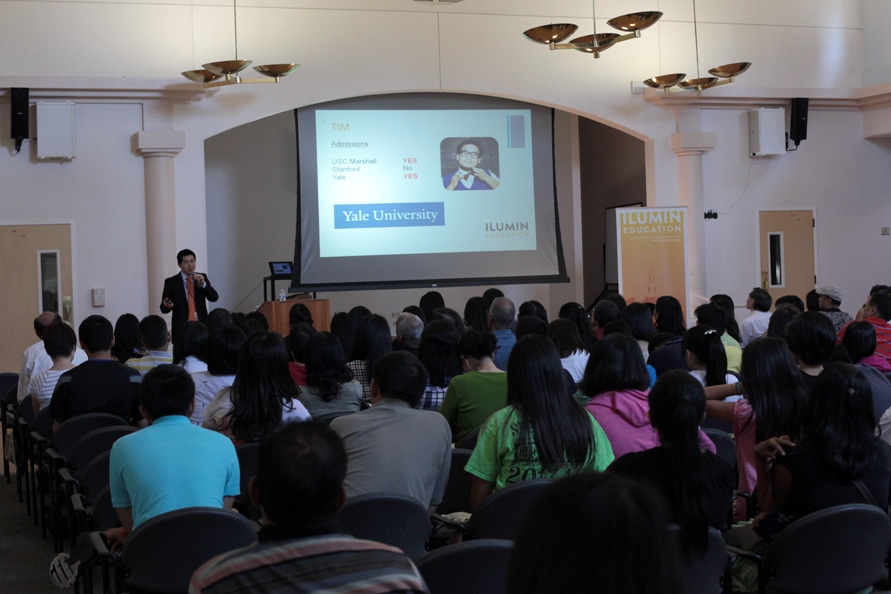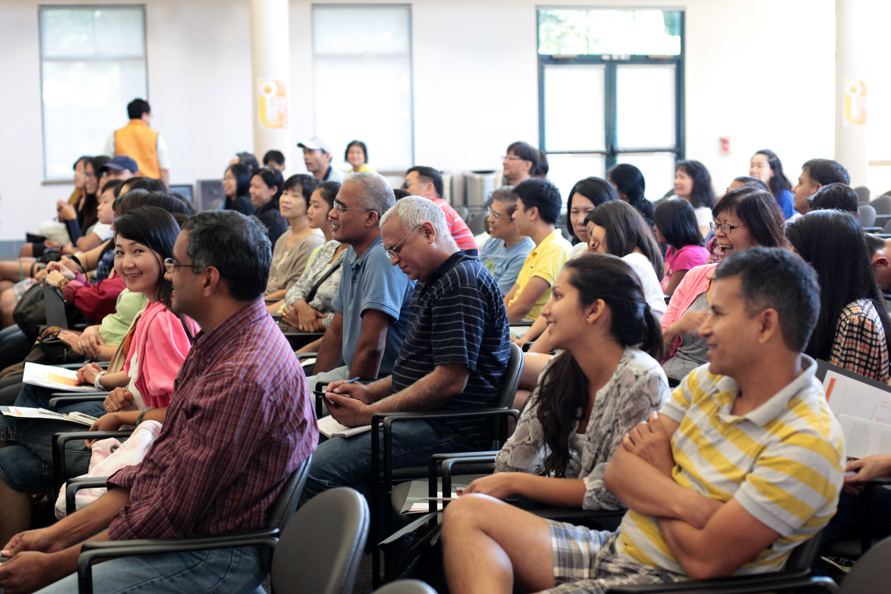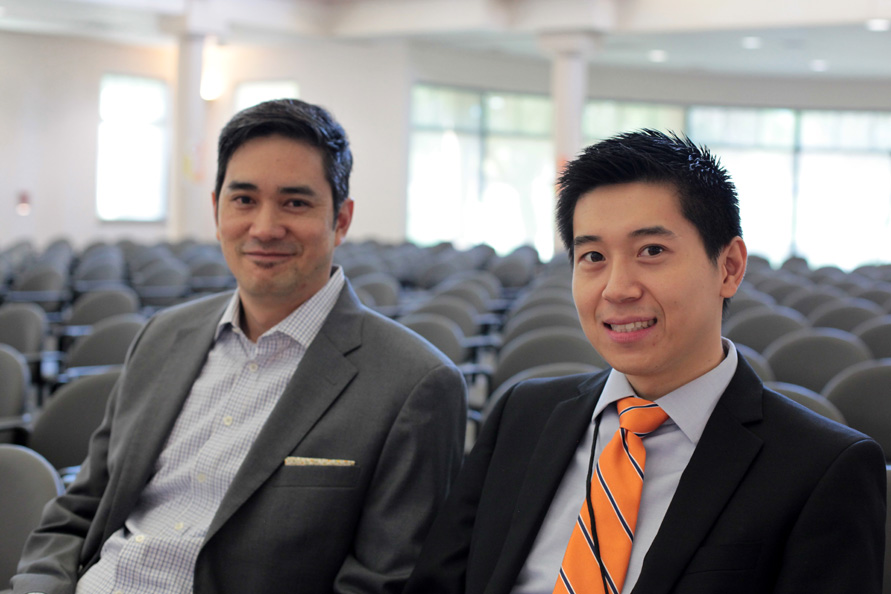Four (4) Characteristics Common to Successful High School Students
Elton Lin
The most successful students aren’t always the smartest or most talented people in the room. They are the hardest workers, the most passionate students or the ones who genuinely care. Whoever they are, they find ways to set themselves apart from the rest.
We’ve worked with many successful high school students and have noticed a few common qualities. Here are four traits we see in the students who consistently reach their college admissions goals and beyond.
Quality #1 – Be an Effective Communicator
Successful students learn to be effective communicators. They’re not only good oral and written communicators, but have good people skills and use appropriate body language.
Two great ways to develop communication skills is to join the debate team and participate in theater. Both activities help students formulate clear ideas and effectively deliver those ideas to an audience. We’ve had both shy and outgoing students grow tremendously from their experiences in both. Universities view debate and theater involvement very positively and they know how important it is for all students regardless of their major to communicate well.
Quality #2 – Cultivate a Passion
The most successful students also develop clear passions. We see this over and over – students who pursue their interests remain motivated and diligent throughout high school.
Admittedly, it’s not easy to discover one’s passion, but students should always be going deep in the areas they’re interested in. If a student loves computers, find a computer programmer and interview them to find out why they love it. If a student is interested in gardening, start your own garden and develop it into a hobby. Successful students curiously explore side interests and many times it’s the most engaging aspect on their college application.
Quality #3 – Give Back to Others
Most schools require service hours where students volunteer to serve the community. Unfortunately, for many students, it’s just a box they check off. The most successful students however understand the importance of giving back.
I have a student who works with a 2nd grader who has trouble reading. He helps this child with his pronunciation so he can catch up with the rest of his class. The 2nd grader shares about his family and reminds him that there is more to life than just getting good grades. My student finds a lot of joy helping this 2nd grader and it actually helps him do better in school and lead a more balanced life.
Quality #4 - Manage Stress
Lastly, the most successful students know how to manage their stress. Stress is good in the right context. But in a hyper-competitive environment, too much stress can lead to poor academic performance and compromised health.
With that, many of our students manage their stress by getting more organized. They make to-do lists, set boundaries on their internet use and make study plans for the week. One of our students began limiting his Facebook viewing to thirty minutes a day and it reduced his total study time by fifty percent! Before he regularly slept at 1am and now he sleeps before 11pm. Organized students are more efficient, sleep more and are less stressed.
Our goal at ILUMIN Education is to help students reach their college admissions goals and find success for years to come. We help students find their passions, perform better in school and give back to their communities. Contact us for a free consultation to see how we can help.








